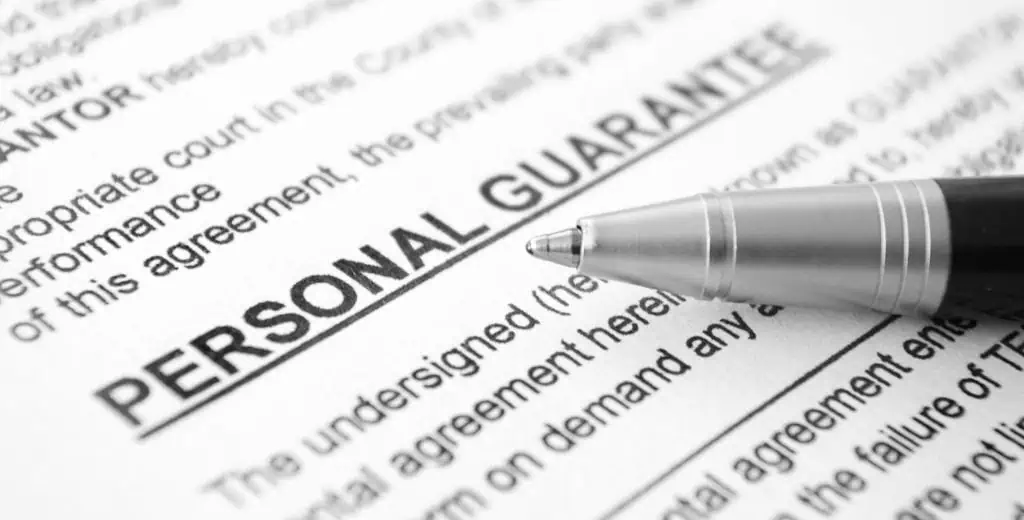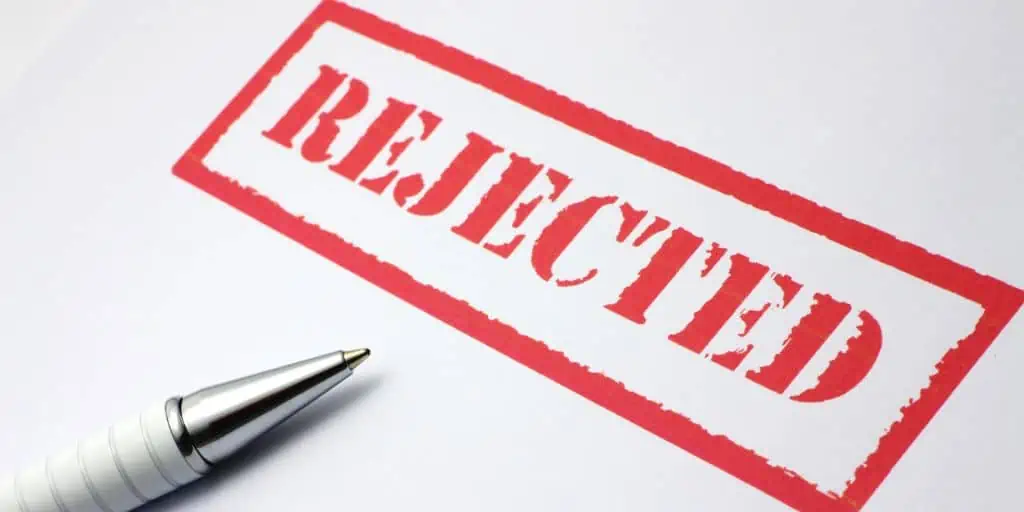What Is a Personal Guarantee?
REtipster does not provide tax, investment, or financial advice. Always seek the help of a licensed financial professional before taking action.
Shortcuts
- Personal guarantees provide an additional layer of security for lenders in real estate transactions.
- These guarantees are often required for businesses and limited liability entities to secure loans.
- The presence of a personal guarantee can influence the terms of a loan, including interest rates and loan amounts.
- While offering potential benefits like improved loan conditions, they also carry significant risks, including personal financial exposure.
Understanding Personal Guarantees
For commercial real estate investors and developers, obtaining financing through a limited liability company (LLC) or other corporate structure provides liability protection that shields personal assets from business risks and debts. However, lenders often want additional security since LLCs do not have established credit histories or significant assets.
This is where a personal guarantee comes in.
By requiring the individuals behind the LLC to personally guarantee the loan, lenders gain an extra layer of assurance that they will be repaid even if the business fails. The personal guarantee gives the lender the right to collect loan payments or foreclose on signers’ personal assets like primary residences, bank accounts, or investments if the business defaults.
This extra recourse motivates both the business and individuals to keep the loan in good standing. Meanwhile, for the borrower, the personal guarantee allows them to benefit from the liability protection of the LLC while still accessing needed capital for real estate ventures.
Personal guarantees can apply to various types of business debt, but not all business loans necessarily require one. Still, the borrower may need to meet alternative conditions, such as providing a larger deposit or negotiating a limited personal guarantee that specifies certain conditions or assets.
Types of Personal Guarantees
There are generally two types of personal guarantees: unlimited and limited.
In an unlimited personal guarantee, the guarantor is liable for the entire amount of the loan plus any legal fees incurred by the lender in the event of default.
On the other hand, in a limited personal guarantee, the guarantor’s liability is capped at a certain amount. This amount could be a percentage of the loan or a specified sum.
Common Uses of Personal Guarantees in Real Estate
Some common scenarios where lenders typically require personal guarantees in commercial real estate include:
- Purchase or construction loans for income properties like apartment buildings, retail centers, or office complexes.
- Acquisition or development loans for land to build residential subdivisions or commercial projects.
- Lines of credit or revolving loans for a real estate investment or development.
- Refinancing if the original loan was personally guaranteed and the business structure hasn’t changed.
- Loans for smaller “mom and pop” real estate businesses where financials may not fully represent future cash flow potential.
Personal guarantees are less common for loans to publicly traded real estate investment trusts (REITs) or larger private equity-backed real estate companies because they have substantial operating histories and assets. But for smaller businesses just getting started, the personal guarantee provides essential reassurance to lenders.
RELATED: What Is Leverage in Real Estate and How to Use It to Your Advantage
Key Considerations for Personal Guarantees
While personal guarantees give borrowers an advantage, they also come with risks and responsibilities that individuals should fully understand.
First of all, guarantors are just as liable as the business for the full outstanding loan amount; even if they exit the business later, they may still be on the hook. Once a personal guarantee is enforced, their personal assets are at risk, which could sometimes bankrupt them if the business collapses.
In addition, guarantors have fewer rights than primary borrowers. For example, they usually can’t refinance the loan on their own to remove their guarantee.
Finally, personal guarantees are liabilities that may last for years. These can complicate the guarantors’ personal financial affairs, such as obtaining a mortgage, selling assets, or qualifying for other loans due to new contingent liabilities. Worse still, foreclosure on a guarantee may damage a guarantor’s credibility within their industry and community.
For these reasons, individuals should only guarantee loans they are fully prepared and qualified to cover personally. Guarantors need to understand and plan for potential exit scenarios, which can help manage the risk associated with personal guarantees. It is also a good idea to have a collateral plan in place in case the guarantee is enforced.
How Personal Guarantees Change Depending on Investor Types
The risks and appropriate use of personal guarantees vary depending on a real estate investor’s experience level, portfolio size, and investment strategy. Typically, the necessity of a personal guarantee gradually decreases as an investor’s capabilities and credibility expand through successful ventures over time.
Here’s how it would look like for individual investors up to developers (note that this is a general assumption, and not always true).
Individual Investors
Early-career investors acquiring their first 1 to 2 properties typically have limited assets and experience. Due to higher perceived risks, lenders will likely require guarantees. It’s important that these investors fully understand their guarantee obligations.
Small to Medium Portfolio Owners
Those with 5–20 units require less financing per deal, but guarantees still offer protections for smaller loans. Over time, a proven track record may allow negotiating reduced liability.
However, as portfolios grow to 50+ units, operating statements provide stronger underwriting. Lenders are more flexible, sometimes accepting only partial or temporary guarantees on select deals.
Large Real Estate Firms
Established companies with hundreds of units, experienced staff, and diverse holdings face lower guarantee demands since financials represent lower risk to lenders.
Developers
Personal liability is standard on construction loans before stabilized cash flows. But larger, repeat developers may secure waivers by pledging other income properties as security instead of personal assets.
Frequently Asked Questions: Personal Guarantee
What are some alternatives to personal guarantees?
While personal guarantees provide essential security to lenders, there are sometimes viable alternatives that may reduce guarantor risk:
- Pledging business assets as collateral like property, equipment, or accounts receivable.
- Securing a guarantee from a third party like a government agency or private insurer.
- Negotiating a lower loan-to-value ratio so less financing is needed upfront.
- Using a corporate guarantee from a related “parent” entity with stronger finances, known as a cross-guarantee.
Can personal guarantees be removed after a period of on-time payments?
The conditions under which they can be altered or removed depend on the original terms set by the lender and the negotiation outcomes between the lender and the borrower. If this is possible, this may involve a fee and the original terms may also need to be changed.
Some lenders allow personal guarantees to be released, but this may depend on the jurisdiction (and, in some cases, country). In the United Kingdom, for example, a lender may remove a personal guarantee after three to five years if the business has proven its ability to service the debt.
What actions could trigger the enforcement of a personal guarantee?
The most common event that would activate a personal guarantee is defaulting on loan payments for a long time.
Other reasons include breaches of contract, fraud, failure to maintain insurance, or non-payment of property taxes or association dudes. A personal guarantee may also be invoked if the business files for bankruptcy.
Fortunately, there are some warning signs that a personal guarantee will be enforced. These include the deteriorating financial performance of the business or project, breaches of loan covenants, or a significant downturn in the market.
Guarantors should, therefore, remain vigilant and monitor the project’s performance and broader market trends that could affect its viability.








